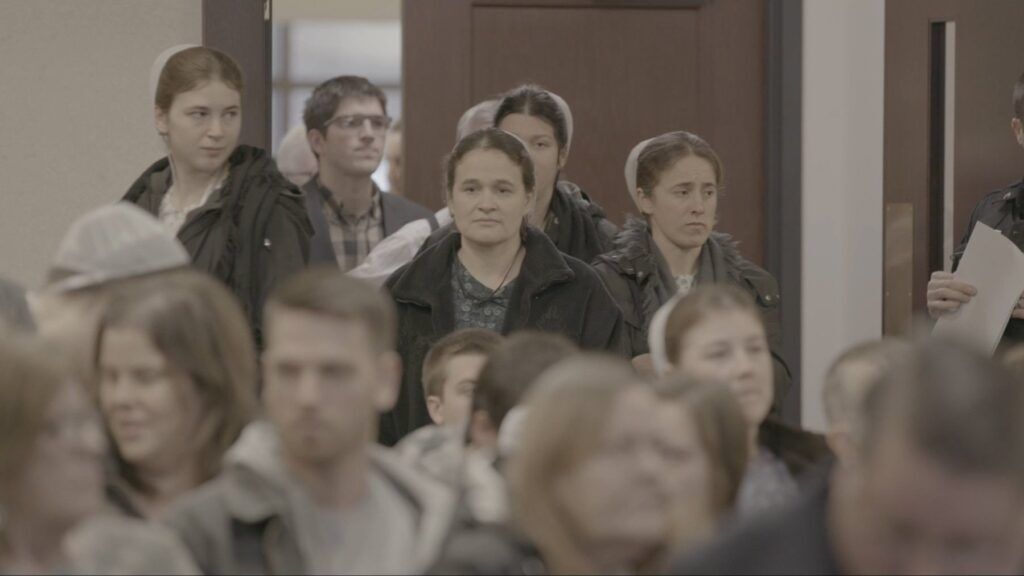A Documentary on Midwifery, Activism, and Legislation

Midwifery, one of the world’s oldest professions, has historically played a vital role in maternal and newborn healthcare. Observed annually on May 5, the International Day of the Midwife celebrates this essential profession while raising awareness about its importance.
Studies show that midwife-assisted births lead to improved outcomes, including reduced rates of interventions such as cesarean sections and forceps deliveries, as well as decreased maternal and newborn mortality rates. Global access to midwifery could prevent over 4.3 million annual maternal and newborn deaths by 2035, according to the World Health Organization.
Types of Midwives in the U.S.
In the U.S., midwifery is categorized into two primary types:
- Certified Nurse Midwife (CNM): These professionals hold nursing degrees and provide comprehensive gynecological care within hospital settings.
- Certified Professional Midwife (CPM): They focus on out-of-hospital births and require less formal education, emphasizing apprenticeship training.
Midwifery regulations vary significantly from state to state, and some states do not recognize the practice of CPMs at all. Currently, twelve states, including some with strong reproductive health laws, do not legally recognize this classification.
The Ordeal of Elizabeth Catlin
‘Arrest the Midwife’ debuted at the South by Southwest (SXSW) Film Festival, sharing the story of Elizabeth Catlin, a CPM in Yates County, New York. Known for her contributions to the local Mennonite community, Catlin had been instrumental in numerous births, particularly within this group that typically avoids hospital deliveries.
In October 2018, following the tragic outcome of a birth in a hospital, Catlin faced legal action despite support from the family involved. She was arrested and indicted on multiple felony charges, including criminal homicide and unauthorized practice of midwifery.

Community Response and Activism
Though the Mennonite community typically refrains from political engagement, Catlin’s case sparked a grassroots response. Community members initiated a letter-writing campaign and held fundraisers to support her legal battle. They also sought legislative changes to formally recognize CPMs in New York.
As SeQuoia Kemp, a community birthworker, stated in the film: “In the beginning, direct-entry midwife was just fine. Then it became, you needed to become a nurse first.” This constant evolution of regulations poses a barrier for aspiring midwives from various backgrounds.
While during the COVID-19 pandemic, temporary measures allowed CPMs to practice, the wider struggle for legislative support continues, demonstrating the complexities within healthcare and maternal rights.
Conclusion: Lessons in Activism
Although the film does not provide a conclusive outcome, it highlights a community’s fight for recognition and the emotional toll of legal challenges. Elaine Epstein, the director, emphasizes the lessons that can be inherent in struggle, stating, “We have so much to learn from the Mennonites.”
The documentary serves as a reminder of the ongoing battle for maternal healthcare rights and the resilience required to instigate change.
‘Arrest the Midwife’ is available for streaming on various platforms.
